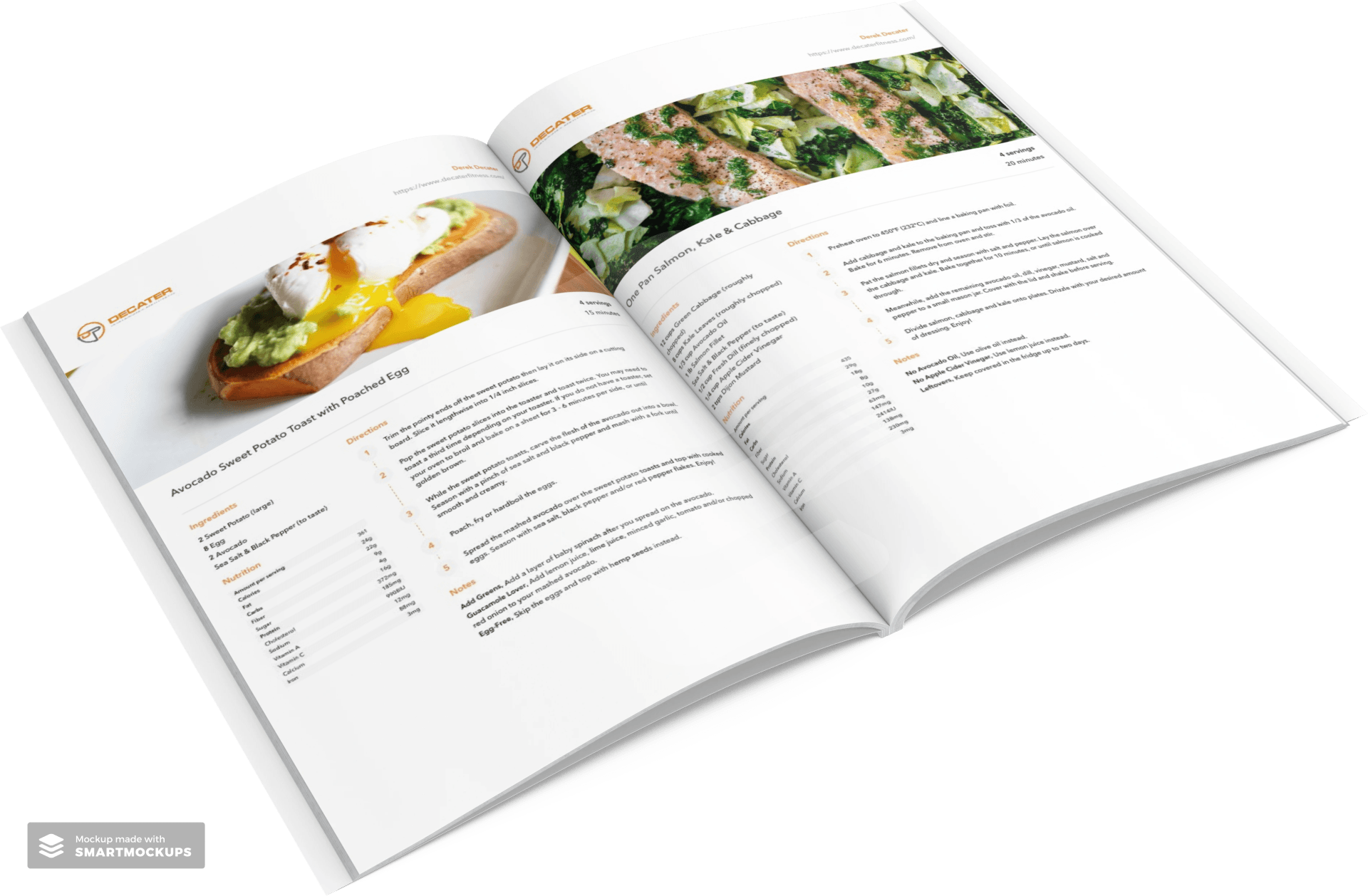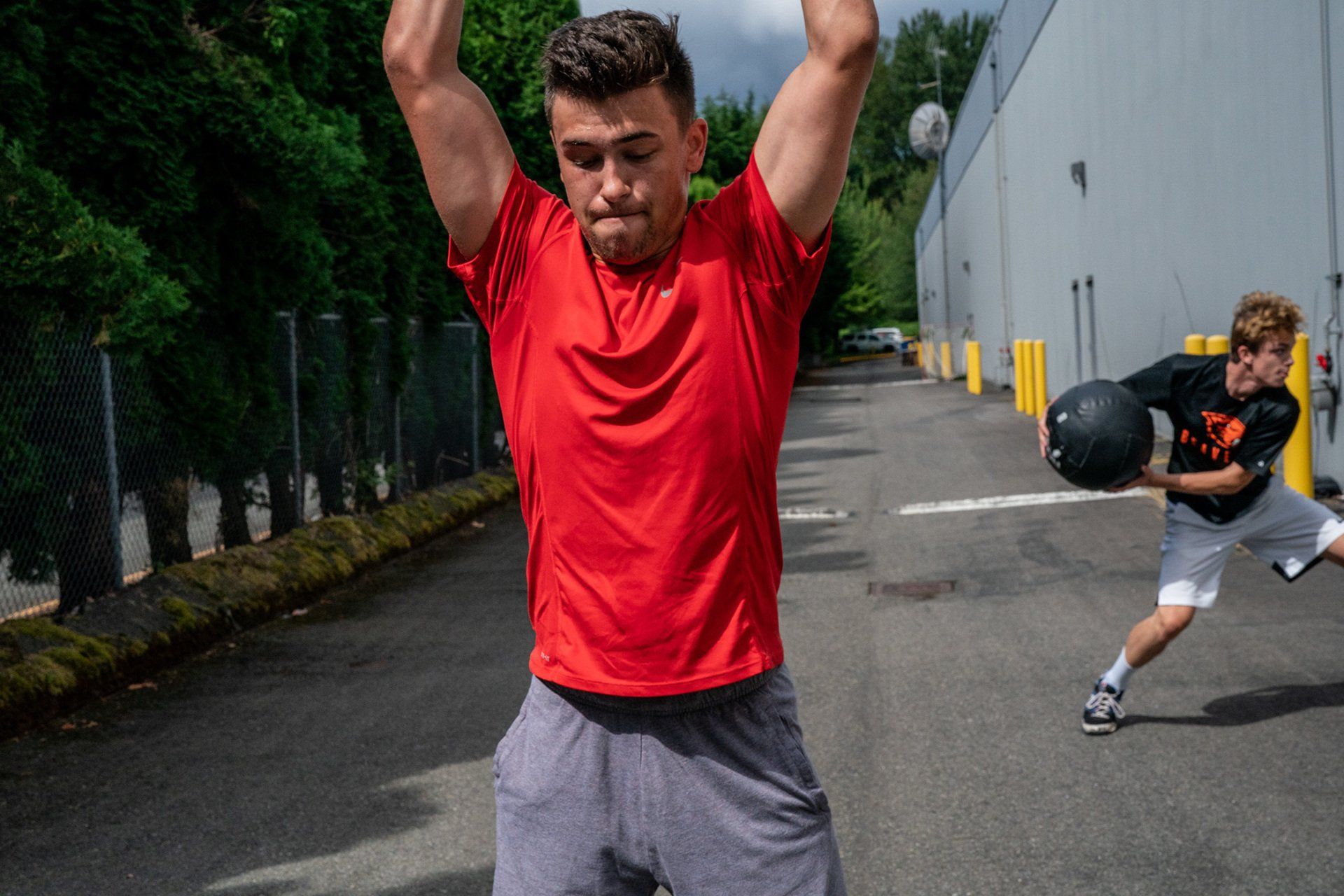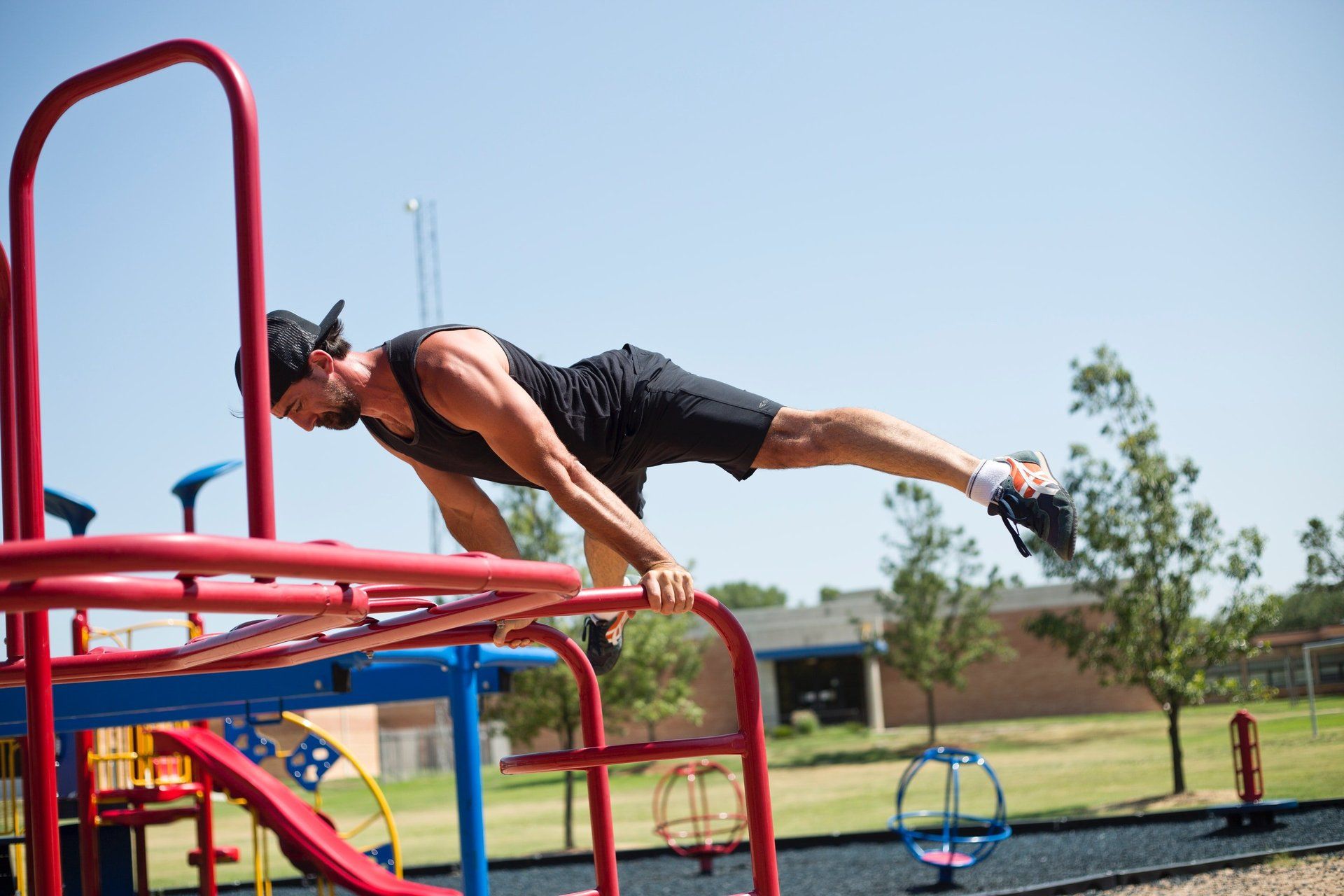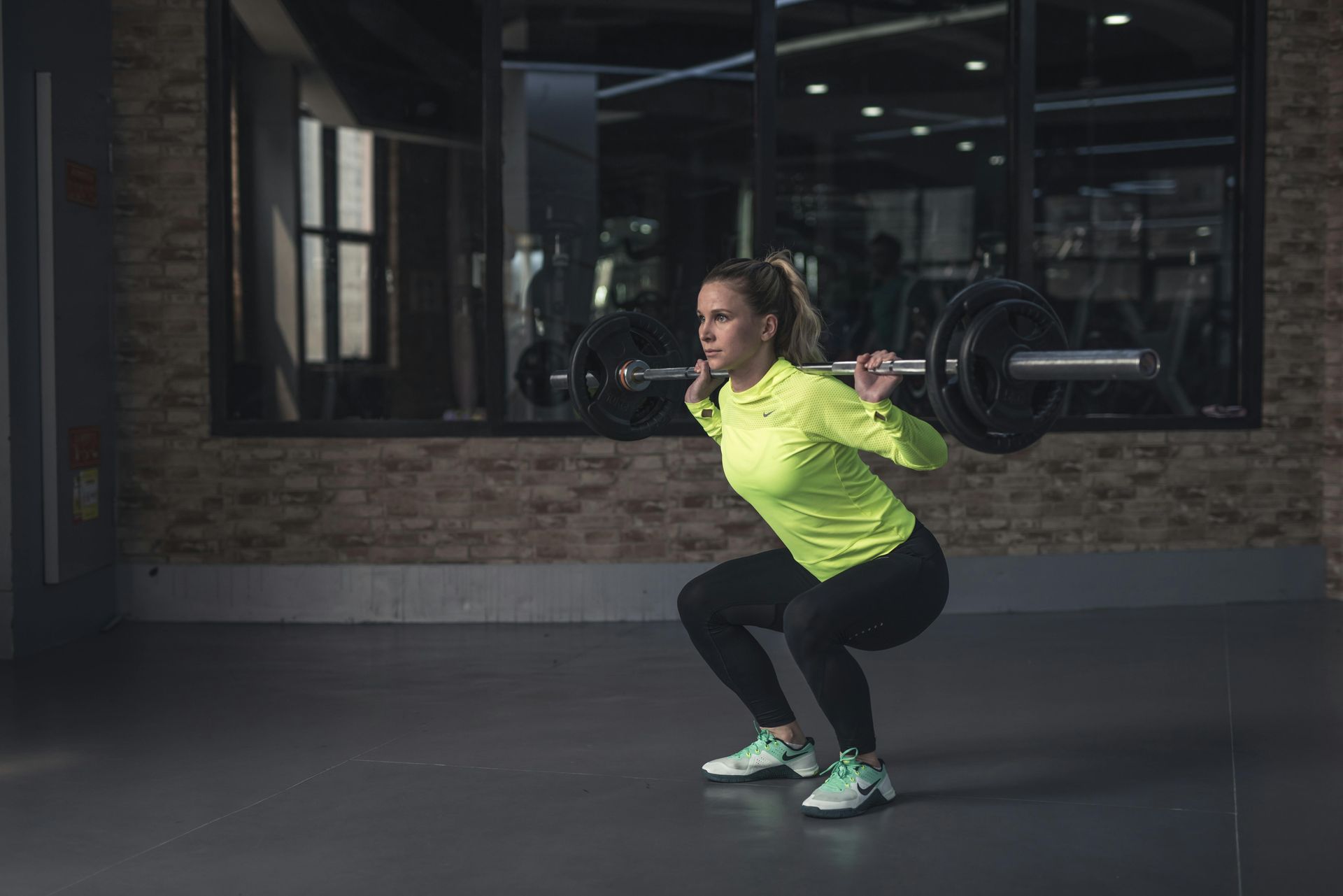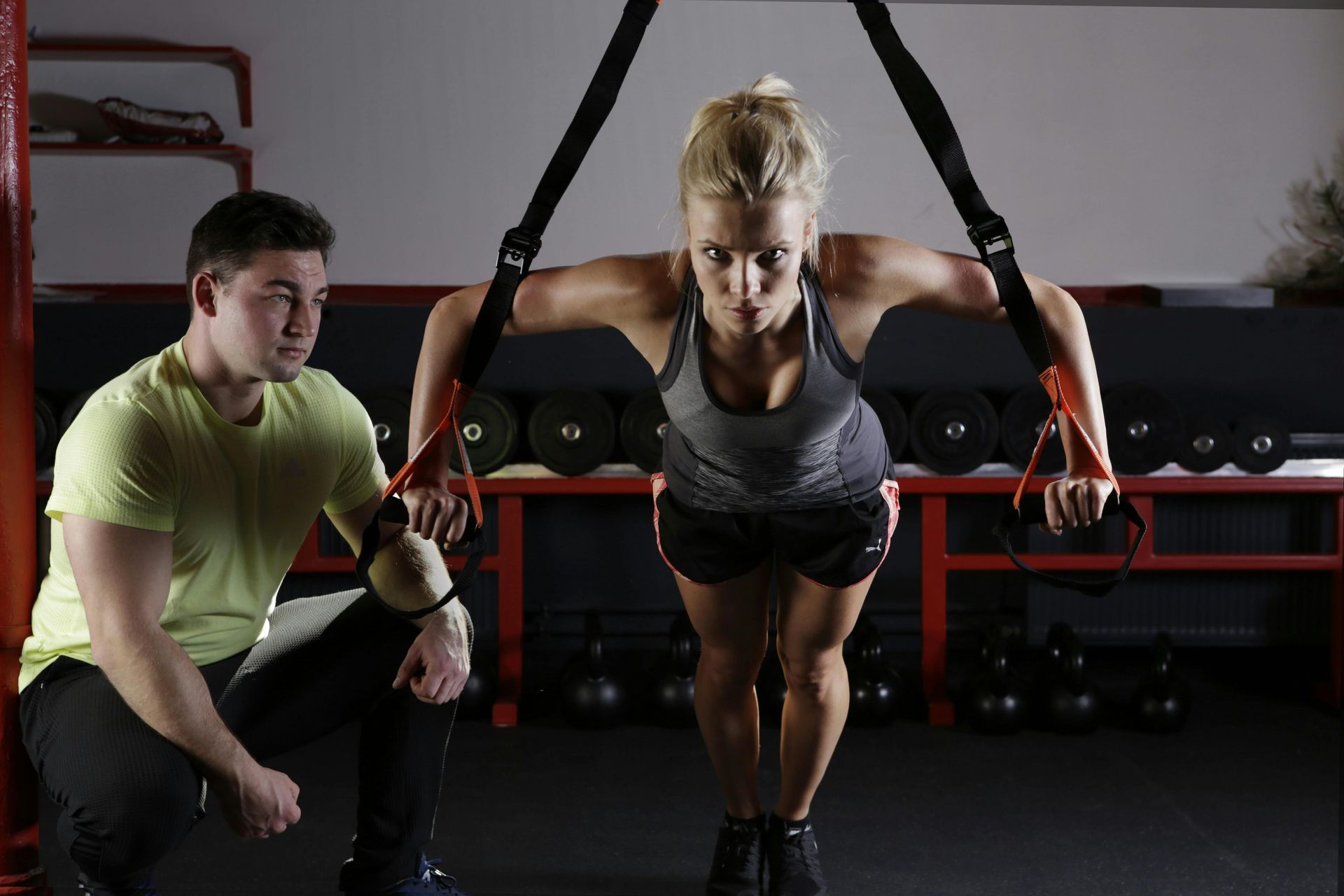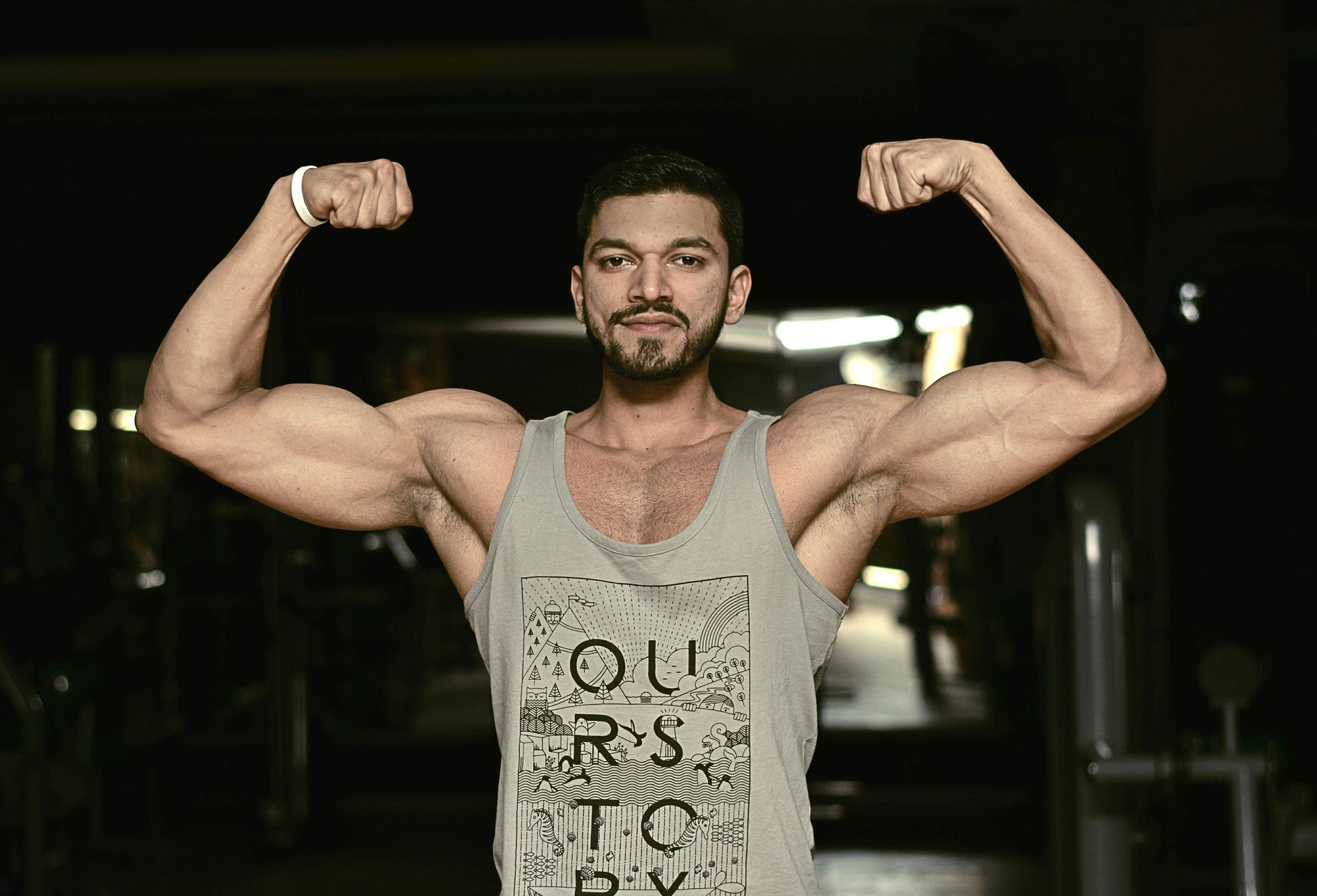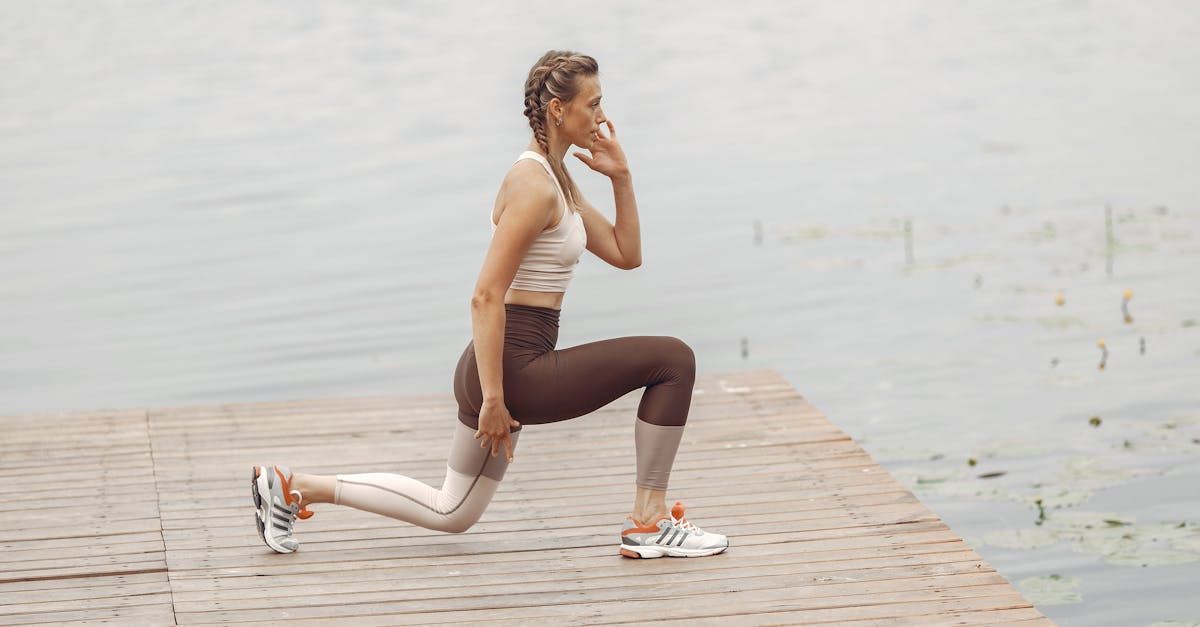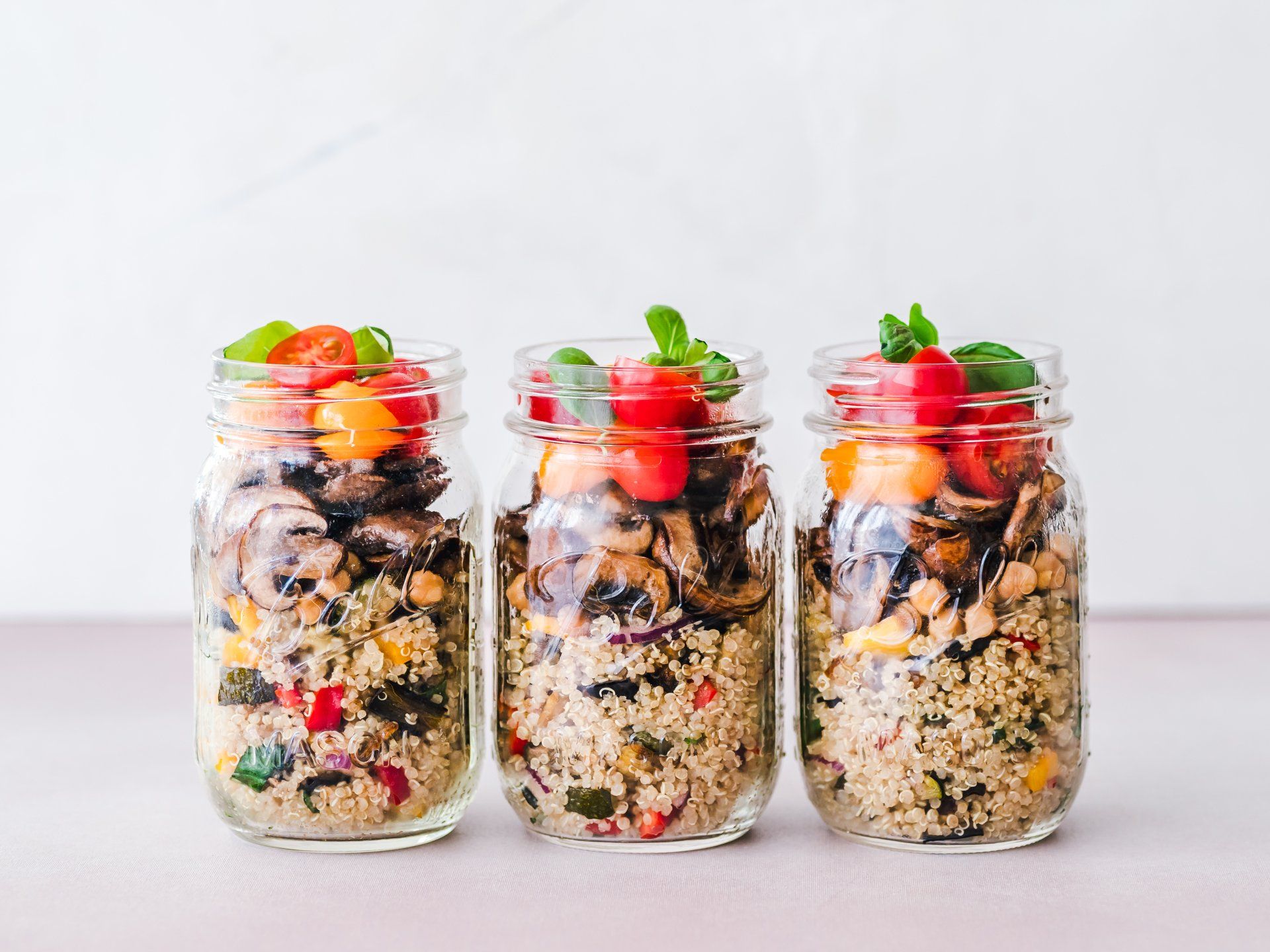Resiliency in Fitness, Health and Athletics
At Decater Performance, we believe that fitness—athleticism, a healthy diet, and a dedication to one’s personal wellbeing—isn’t a passing trend or phase. It isn’t the first thing you scribble (yet again) at the top of a New Year’s Resolution list. It’s a lifestyle to pursue and maintain.
Fitness is a choice we each make every single day—and it does determine the quality of our lives, especially in the long run.
This is just as true for our young athletes as it is for the older members of our gym family. The habits that we create during our teenage years are often practices we carry with us throughout the rest of our lives. But Rome wasn’t built in a day, and we can’t expect that our athletic peak will be attained (or maintained!) in one either. Sustainable exercise comes with a few ground rules: you’ll need realistic goals, a positive outlook, a structured program based on good nutrition and rest, and enough dedication to make it a habit.
Exercise rejuvenates us, strengthens us, and keeps us young at heart as few things can—and it’s never too early or too late to embrace it. It’s been said that how we treat our bodies during the first forty years of our lives determines how our bodies will treat us for the ensuing forty (or more) years. Science shows that exercise reduces our risk of major illnesses including heart disease, diabetes, cancer, and stroke. Researchers have proven how regular exercise boosts our mood, self-esteem, recovery time, appearance, and sleep habits, slashing the risk of stress, dementia, and depression—further exemplifying how a healthy body encourages a healthier state of mind, as the Ancient Greeks observed.
We know all this. Yet in a modern era of sedentary lifestyles with an increasing reliance on technology, the majority of us are far less active than our ancestors. And that’s scary. Forget preparing for the latter half of our lives; most of us aren’t able to smoothly sail through even the first forty years without encountering self-created roadblocks.
What Kind of Ship Do You Want to Build?
I once came across a brilliant anecdote in Dr. Pat Davidson’s book Mass . He describes the journey of a ship out on the open ocean as it encounters various storms. The ship first gets pounded by driving winds, rain, and enormous waves; in the aftermath of the storm, the ship’s captain surveys the damage and observes a broken mast, holes in the sidewall, and a few steady leaks. He orders his crew to sail towards the nearest dock, where they work to reinforce the troubled areas. After setting sail again, the ship encounters a similar storm. It survives with minimal damage; the captain and crew rejoice and simply patch up the ship a bit. The next day, a completely different storm engulfs them: freak snow, icy seawater, and chunks of debris that fly through the air and shred the ship.
The ship survives—barely—but the captain and crew discover that the damage is quite different this time around. Having limited resources and manpower, they again focus on the areas that have been most heavily damaged, rebuilding them with more robust material.
And so it goes, storm after storm.
In this story, the ship symbolizes your body. The captain is your brain. The crew is your immune and endocrine systems, scrambling to help your cellular repair. The “robust material” for repairs is the food you eat, the water you drink, and the sleep you acquire. Each storm is the exercise or circumstance that you put or find yourself in—be it a gym workout, a marathon, or a hike you’re forced to trek after your car breaks down in the middle of nowhere. “You have to figure out what kind of storm is the appropriate kind in order to trigger the appropriate repair process that will build you a new body that is more muscular than it was before,” Davidson explains.
Fitness, performance and health are a balance of perseverance and respect: you flourish by challenging yourself physically and mentally; you survive by knowing and respecting your present limits. Especially in the case of young athletes, it’s easy to overestimate the strength of a ship (hello, Titanic) or underestimate the power of a storm. It’s easy to do the opposite, too. Understanding what you’re up against is the first step to tackling the storm with courage, wisdom, and preparation—and emerging victorious every time.
That's What We Do!
That’s what we do, here at Decater Performance and Fitness. We guide our members through the necessary storms that enable us to become stronger. Taking into account your age, physical condition, and goals, our expertise lies in helping you pinpoint the perfect storms and coaching you safely through them, keeping you afloat and safe with all the essential repairs and rest time needed. Stamina, strength, and superior results come when you surprise—not shock!—your body with different storms.
Since 2010, we’ve been helping our community get strong, look good, and feel great. We’ve coached even our youngest trainees into becoming their own heroes. With perseverance, compassion, and expertise, we’re here to help you unleash the champion within. Our award-winning trainers provide group training, semi-private training, and sports performance and personal training to fit every budget and need.

